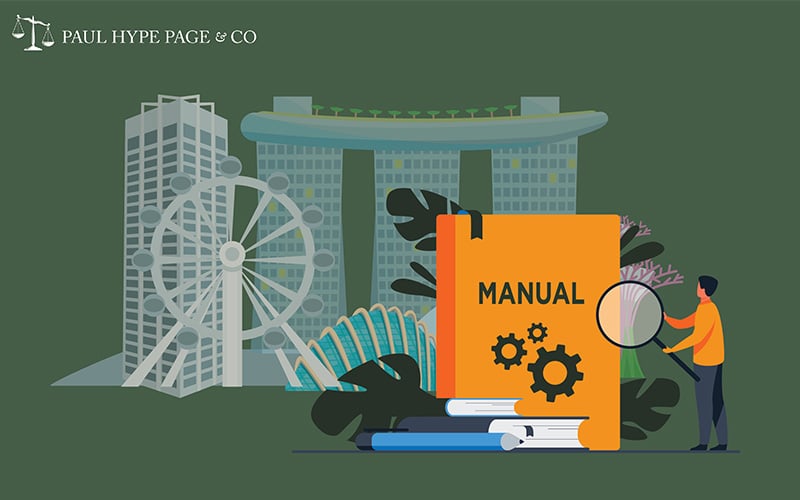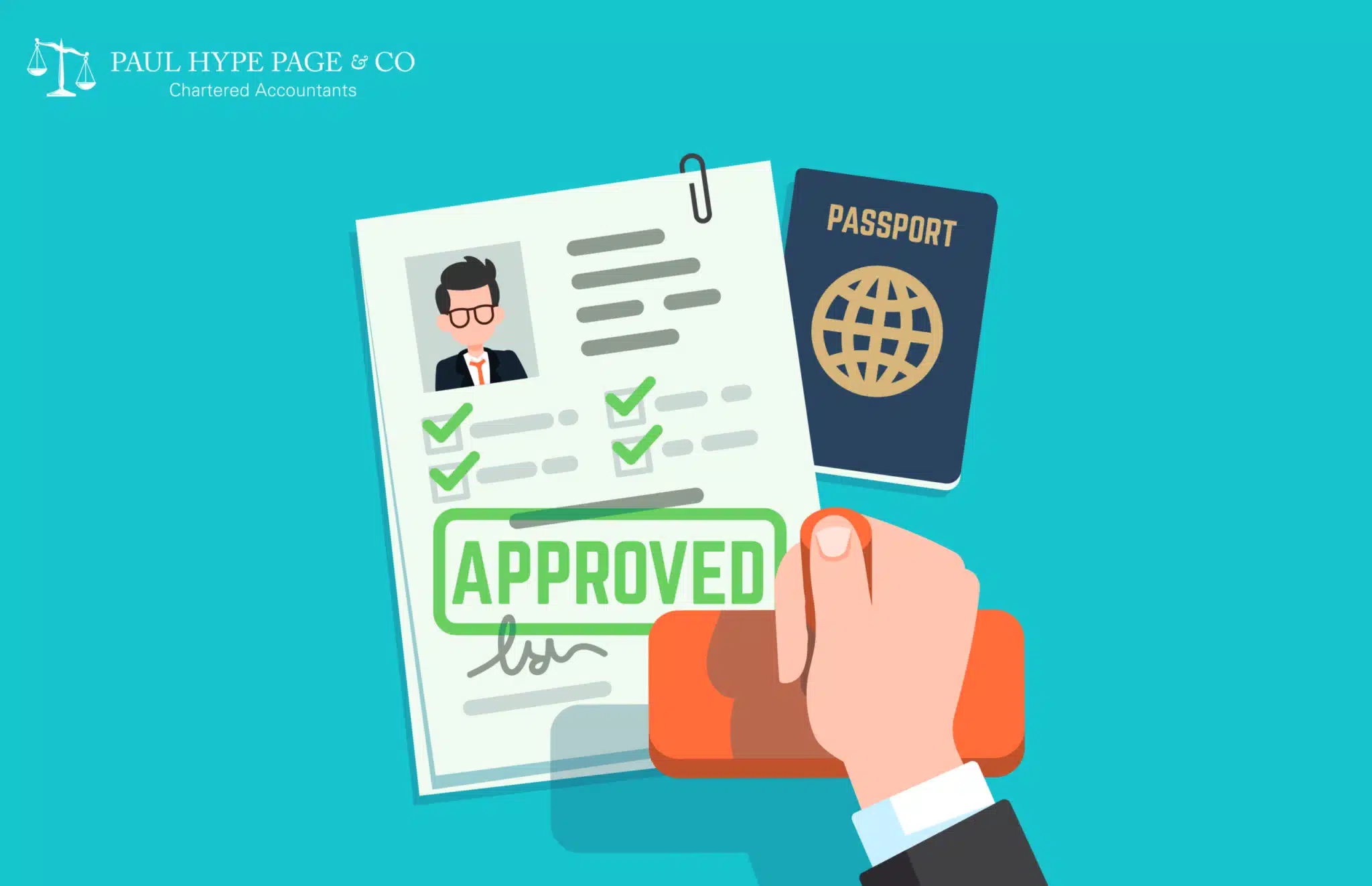The labour laws in Vietnam, governed primarily by the Labour Code 2019 effective from January 1, 2021, encompass a wide range of areas designed to protect employees’ rights and interests. Key aspects of these laws include:
General Overview:
Vietnam’s labour laws cover minimum wage requirements, working hours, employee benefits and protections, workplace health and safety regulations, employment termination, severance pay, and more. These laws apply to all employers in Vietnam, regardless of their industry or sector.
Employee Rights and Definitions:
The Labour Code defines an “employee” broadly as a person who works for an employer under an agreement and is paid, managed, and supervised by the employer. This definition has implications for the categorization of independent contractors and employees, with special protections laid out for junior, female, and disabled employees.
Minimum Wage Requirements:
The minimum wage in Vietnam varies by region and is revised annually. As of January 1, 2023, it ranges from VND 3,250,000 (approximately USD 139) to VND 4,680,000 (approximately USD 199) per month, depending on the region. Urban areas like Ho Chi Minh City and Hanoi have higher rates compared to rural areas.
Working Hours and Overtime Regulations:
The standard working hours cannot exceed eight hours per day and 48 hours per week. Overtime is capped at 12 hours per day, 40 hours per month, and 200 hours per year, with exceptions allowing up to 300 hours in certain sectors or situations. Overtime pay rates vary depending on the time and day of the week worked.
Employee Benefits and Protections:
Key benefits include statutory social security, comprising social insurance, health insurance, and unemployment insurance. Employers must contribute to these funds and also provide benefits like paid leave, maternity leave, and adhere to occupational safety and health regulations. Anti-discrimination and equal opportunity laws are strictly enforced.
Workplace Health and Safety Regulations:
Employers must comply with the Occupational Safety and Health Law, ensuring workplace safety through measures like hazard identification and control, safety training, and emergency response plans. Regulations also cover workplace hygiene and sanitation.
Employment Termination and Severance Pay:
Employment contracts can be terminated under specific conditions, and severance pay is required for eligible employees. The termination process involves written notice and an opportunity for the employee to respond. Severance pay is calculated based on the employee’s salary, length of employment, and termination reason.
Hiring Foreign Nationals:
Employers hiring foreign nationals must obtain work permits and ensure compliance with taxation and social insurance regulations. Foreign workers must be 18 or older, have professional qualifications and work experience, and be in good health. Work permits are valid for up to two years and can be renewed.
Public Holidays:
Vietnam recognizes 10 public holidays, including New Year’s Day, Vietnamese New Year, Hung Kings Commemoration, Day of Southern Liberation and National Reunification, International Workers’ Day, and Vietnamese Independence Day. If a holiday falls on a weekend, it is observed on the following Monday.
Travelers should always check the most current information before traveling, as policies and restrictions can change rapidly in response to the evolving situation. Additionally, it’s advisable to follow any guidelines set by health authorities and the government of Vietnam to ensure safety and compliance with local regulations.


